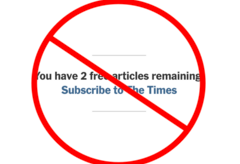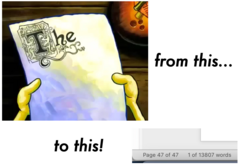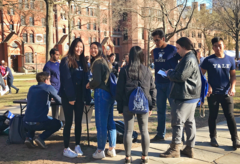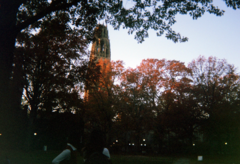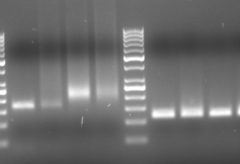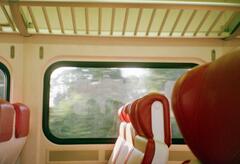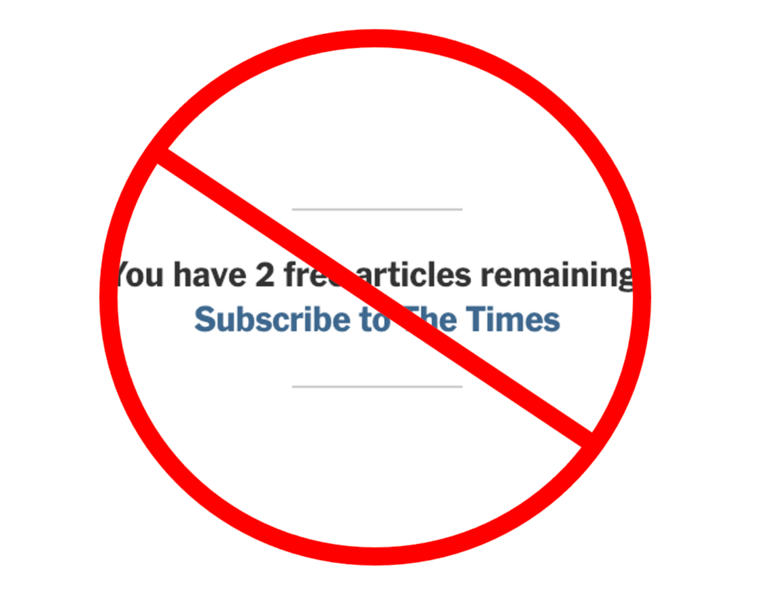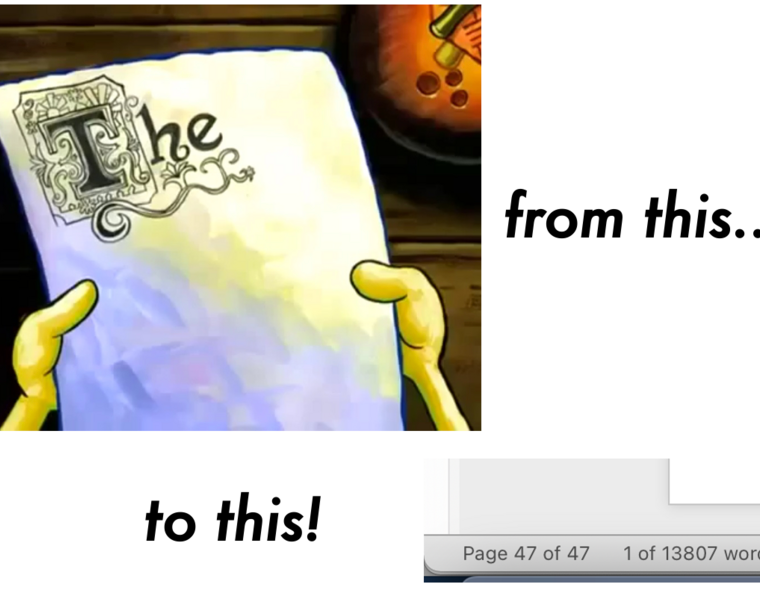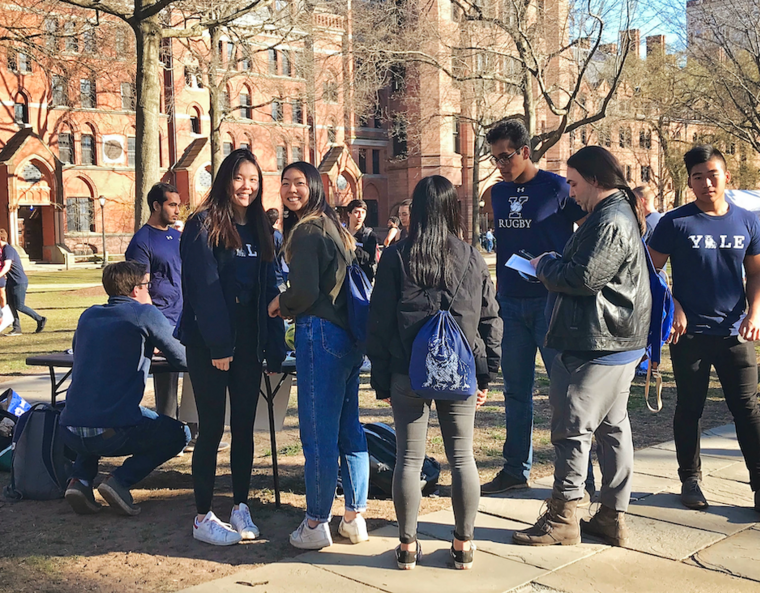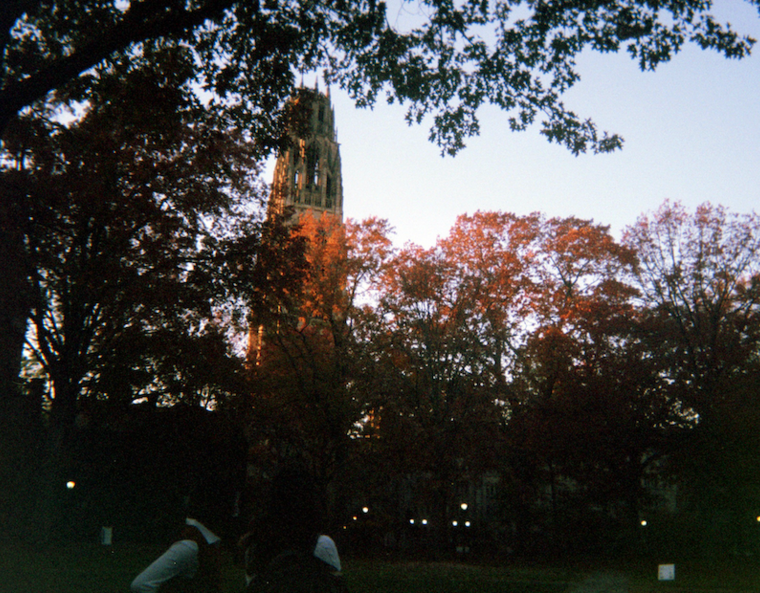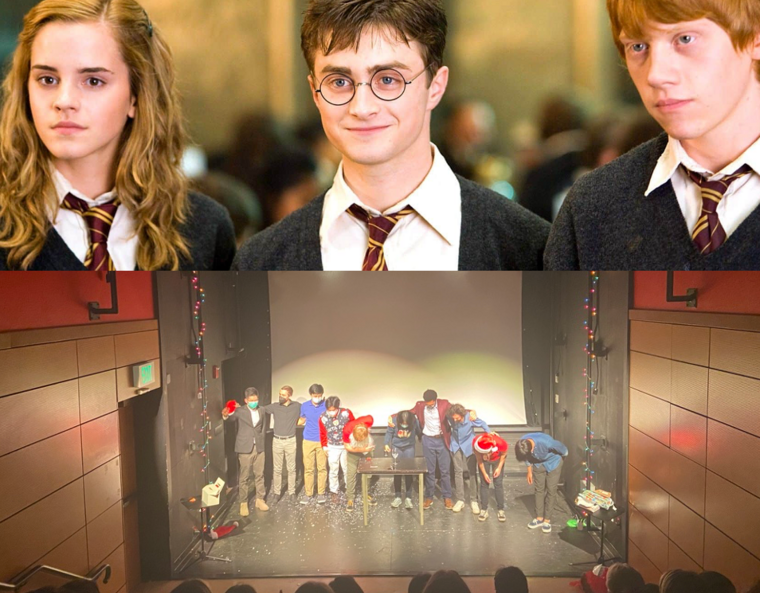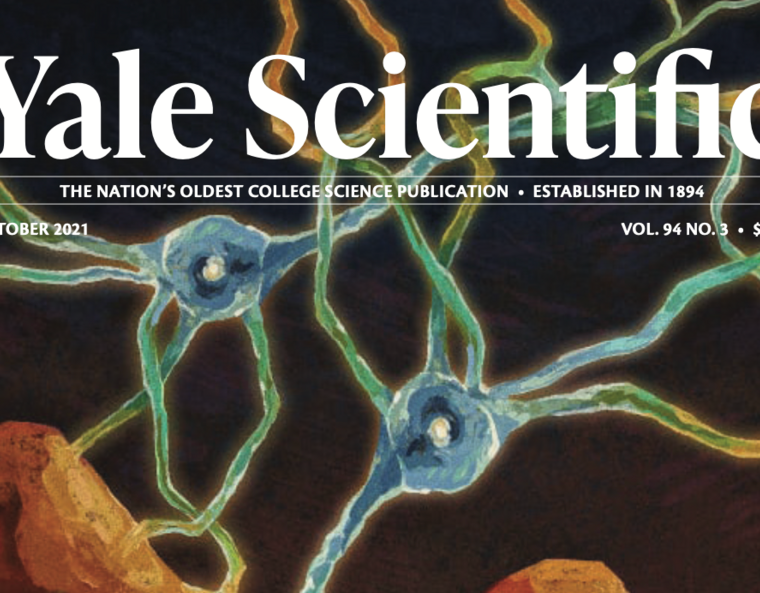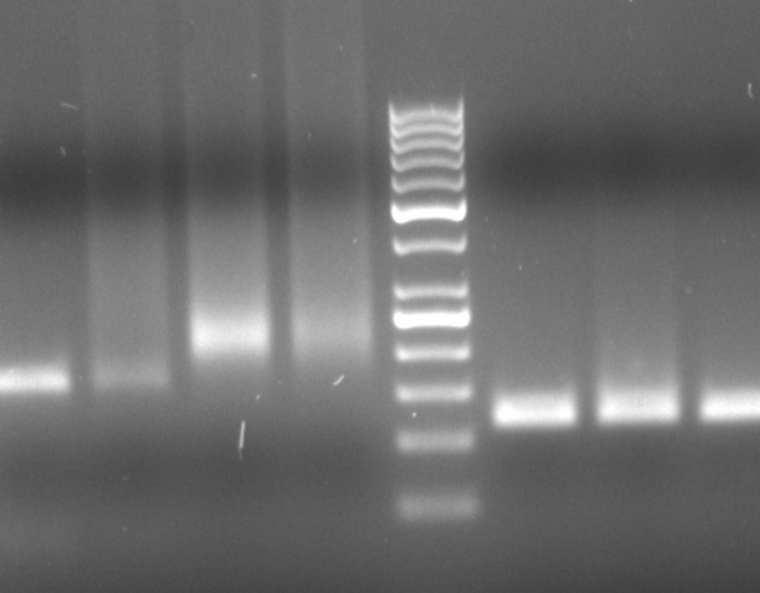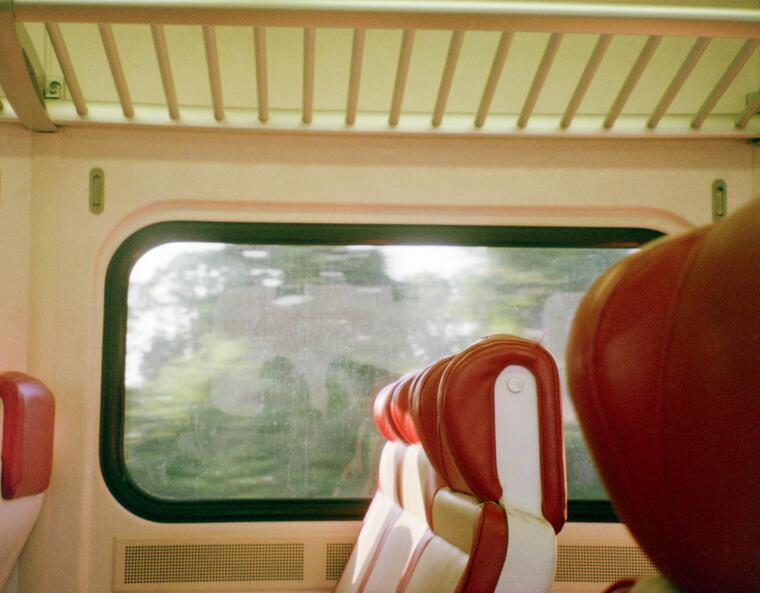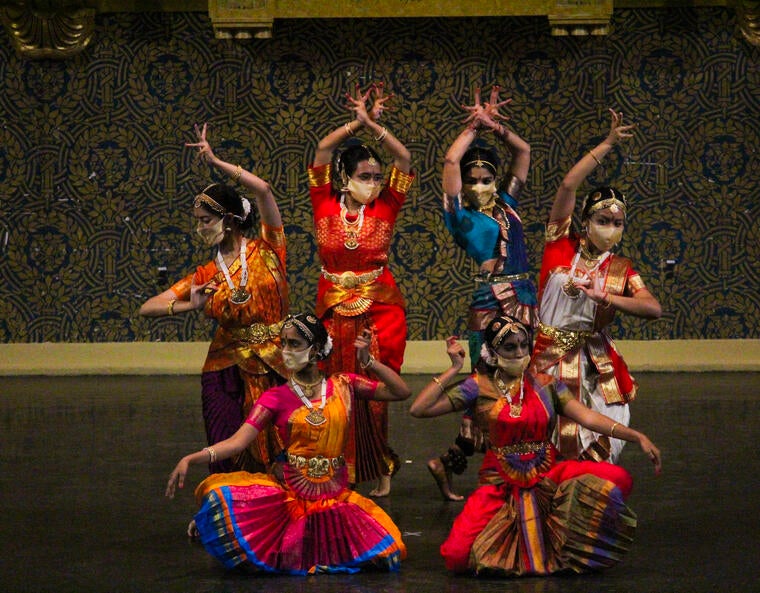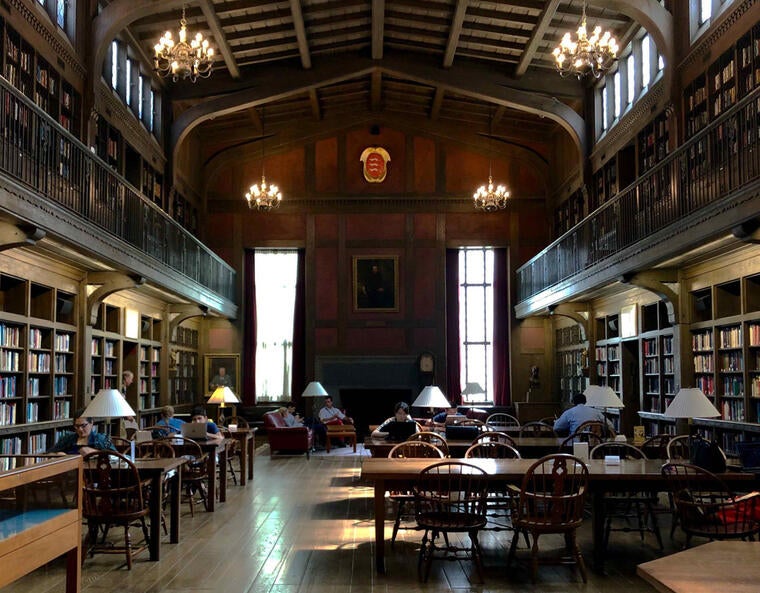
This post is part of a series on my senior project(s). The first post in this series is available here.
In my previous post, I walked you through the ins-and-outs of conducting biology lab research for my senior project in Molecular, Cellular, and Developmental Biology. This post, I’ll take you through a different form of research: history research, which I’m conducting for my thesis in my second major, History of Science and Medicine (HSHM).
Prior to college, I had no concept of what history research even looked like. Luckily, by the time I had to tackle an entire 40-page history research project on my own for senior year, I’d had plenty of practice in other Yale courses. Most of these courses had a research paper component within the syllabus, where I was required to pick a topic related to the course and write a 10-15 page final paper. With help from my professors and TFs, I became comfortable with the general history research process. In a nutshell, it’s all about searching through archives, either online or in person, and looking for primary sources, original documents from the time period in question. Think newspaper articles, journal entries, government reports, etc.
Of course, just finding those documents can be daunting. Fortunately, I’ve had experts in the HSHM advisor to guide the way. Since the beginning, I’ve met regularly with my advisor, Kelly O’Donnell, a scholar specializing in feminist health activism (perfectly in line with my project, which is centered on HIV clinical research in pregnant women). She pointed me towards useful books and articles and provided some loose ideas to get me started. I also met with Melissa Grafe, who leads Medical History Library, a division of the Medical Library. In our less-than-an-hour meeting, she gave me an incredibly personalized, extensive, and helpful list of databases and resources. (Sidenote: can we just pause to appreciate the fact that Yale has an entire library dedicated to medical history??? You can view some of its digitized materials here).
From there, I was on my own. History research, unlike science research, is a lot less structured. Most of my research involves combing through digital archives (since the HIV epidemic is a more recent historical event, most of the material is available online). Whenever I have a good chunk of free time, I’ll log on to one of the many historical databases Yale students can access. I’ll search for a keyword, then click through as many results as I can, bookmarking the most helpful or interesting documents. Throughout the semester, there were also various check-in assignments that I had to turn into my advisor, to make sure I was on track.
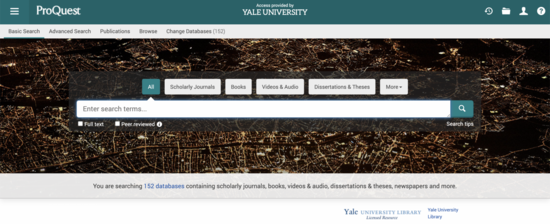
The homepage for ProQuest, the database where I’ve done most of my archival research. Shoutout ProQuest (and the Yale University Library)!
I’ve realized that I really like history research. It’s so easy to get lost in archives, looking at old documents and marveling at the fascinating stories they contain. Yale has access to so many resources, so finding primary sources is pretty easy. Actually, I think the hardest part of history research is the exact opposite—there was a point, halfway through the semester, when I had gone down so many rabbit holes that I started to feel overwhelmed.
At these moments, I’ve been once again grateful for my advisor. She has such a relaxed attitude towards it all—“You don’t need to find everything,” she’d tell me, or, “Draw a mind map and it’ll start to make sense.” At another moment, after I mentioned an article by another scholar who had researched the history of HIV, she casually said, “Oh him? I know him!” She got me his email address and, by the end of the day, I had reached out to him and received a response with some new leads to primary sources.
History research is just about the opposite of science research. Science research is all about rigid timelines—X hours for this reaction, Y days to grow these cells—whereas history research is flexible. While I associate my science research with one distinct location—the lab at the Anlyan Center—I’ve done history research in friends’ common rooms, libraries, coffee shops, at the airport, and even in my downtime at the lab. And whereas in science research, I spend days, weeks, or months searching for just one data point or figure, in history research, the primary sources are abundant.
But there are also some key similarities. Both can be simultaneously overwhelming and rewarding. And in both, I’ve benefited immensely from the help of others. Luckily, at Yale, there’s a lot of help to be found.
